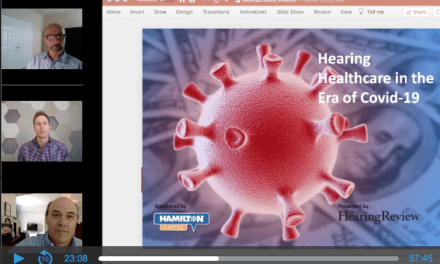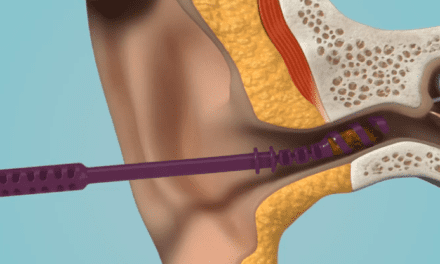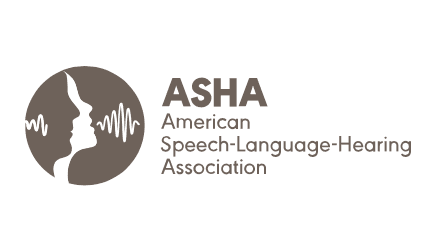The American Academy of Audiology (AAA) has issued a press announcement that appears below about the the communication challenges for senior citizens who are socially isolated as a result of the COVID-19 pandemic.
During the pandemic, the safety restrictions placed on senior living facilities, and seniors in general, have severely limited or eliminated social interactions with family and peers. This type of isolation can produce changes in communication and can lead to anxiety and depression. “This has been a very difficult time as senior facilities and individuals try to balance poor health outcomes related to COVID-19 versus poor health outcomes related to social isolation,” said Catherine Palmer, PhD, president of the AAA; professor, University of Pittsburgh, and director of audiology for the UPMC Health System. “We’ve seen many creative ways in which people are trying to continue to interact with the seniors in their lives.”
Unfortunately, during this time, older adults who have been successful hearing aid users may be using their hearing aids less because they feel there is no one to interact with. According to the AAA, this will result in reduced sound input to the brain and can result in auditory deprivation. The individual will be perceived as not hearing as well and needing to use extra effort when communicating.
“Family members and friends should encourage their loved ones to continue to use their hearing aids—there is always sound around us,” explained Palmer. Hearing aids require ongoing maintenance and, for some individuals their hearing aids may not be functioning well or at all and they may not be able to get to their audiologist for routine care. Palmer continued, “If an individual continues to use their hearing aid when it is not working, it functions like an earplug—actually blocking sound.”
Luckily, many audiologists have provided online telehealth appointments and curbside care for individuals who cannot come into a clinic safely. Some senior living facilities are allowing audiologists to come into their buildings after they have had a temperature check and/or met CDC criteria.
Many simple hearing aid problems can be solved over an online visit. For some individuals with milder hearing loss, who felt like they could communicate adequately, the addition of masks or online communication may have stressed the hearing and they may seem now like they’re having more difficulty hearing. These individuals may want to access a clinic in person or find an audiologist who will visit them to begin the process of obtaining appropriate amplification that can assist them in their day-to-day communication situations.
Studies have shown links between untreated hearing loss and falls and hearing loss and dementia. According to a study, by Johns Hopkins University School of Medicine, individuals with untreated mild hearing loss had a higher risk for falling that individuals without hearing loss. Another study at Johns Hopkins found that people with severe hearing loss were five times more likely to develop dementia. “Hearing is an important component of overall health,” Palmer added. “If you suspect any amount of hearing loss in yourself, a friend or family member, it’s important to get it checked as soon as possible.”
For more information on hearing loss or to find an audiologist, go to: www.howsyourhearing.org.
Source: AAA





